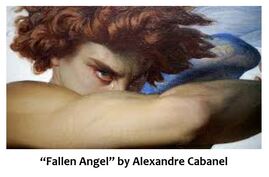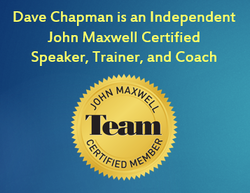 A friend of mine posted a challenging question on Facebook recently. “How do we deal with artists who make great art, literature, and movies but who are morally repugnant?” The post attracted a lot of attention; there were eighty-three comments below it. Here is my response: What can we do about creative people who have done harm? Is it wrong to admire the artistic accomplishments of someone whose ethics and behavior we know to be flawed? I don’t think so, if -
These, I believe, are the greatest gifts we receive when we study the life stories of creative people. We become more complete people. We walk about the world expanded and strengthened by their artistic accomplishments, the mistakes they made and how they dealt with them. If, through the brilliance and the weaknesses of these creative, often anquished souls, we can learn to atone for our unkind acts and regain our self-respect, then their sins may find a sort of in abstentia forgiveness, for we are made better in having known and understood them. Talented people are a reflection of our best and worst selves; we can be grateful that they have been a part of our lives. We are too complicated for our own good. We are hurt too easily. We hurt others deeply and far too often. Awareness of our weaknesses is hard for most of us. We see ourselves as better than we often are. We rationalize our mistakes and forgive ourselves easily. Matthew told us, “Judge not, lest ye be judged. For in the same way you judge others, you will be judged, and with the measure you use, it will be measured to you.” I think Matthew knew whereof he spoke; he was a tax collector before he became a preacher, and in those days tax collectors were a surly, brutal lot. By contrast, Ayn Rand told us that we have a moral responsibility to judge others, loudly and publicly. She felt she was morally superior to other adulteresses because she told her husband that she was going to begin spending time with a younger man before she began her affair. This from the woman who called her philosophy “Objectivism,” founded on a ruthless commitment to all things rational and impartial. I doubt her young man’s wife thought much of Rand’s rational ethics. Yet Rand wrote brilliantly and inspired thousands to their best efforts and greatest achievements. Because she exhibited some all-too-human failures of character, should we dismiss her remarkable work and creativity? I don’t think so. In the meantime, I’ll try to keep a sense of balance when I think about creative people – and myself. I have a lot to learn from them, and the lessons continue every day. More information: DVD: The Passion of Ayn Rand Book: The Passion of Ayn Rand #Ethics #AynRand #Creativity #Moralism #MoralJudgement
0 Comments
Leave a Reply. |
Archives
July 2020
Categories |


 RSS Feed
RSS Feed

